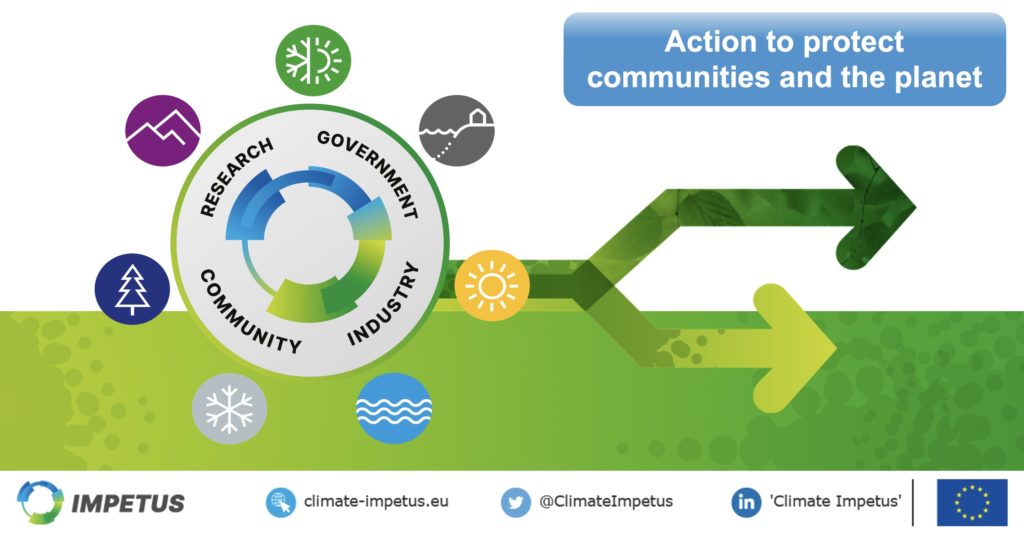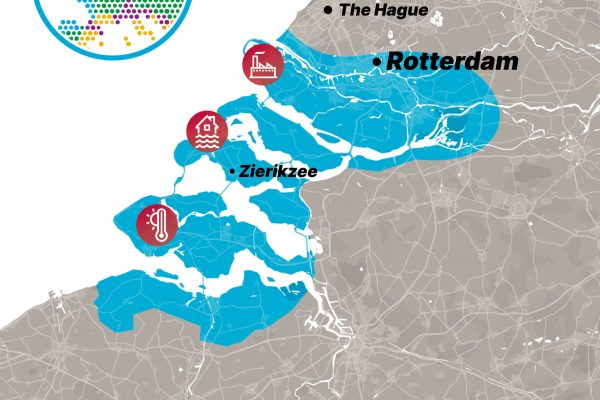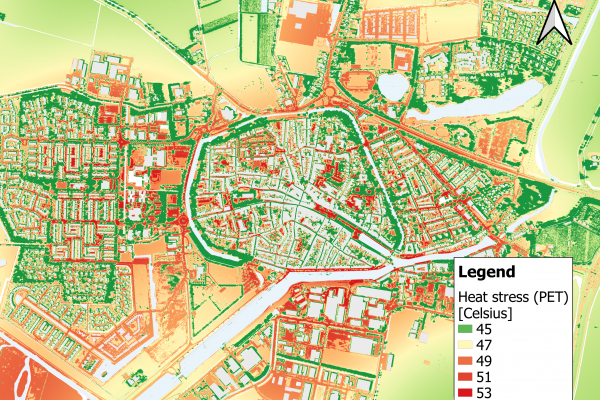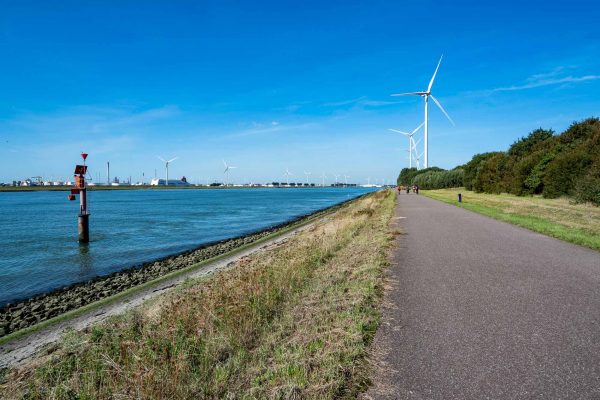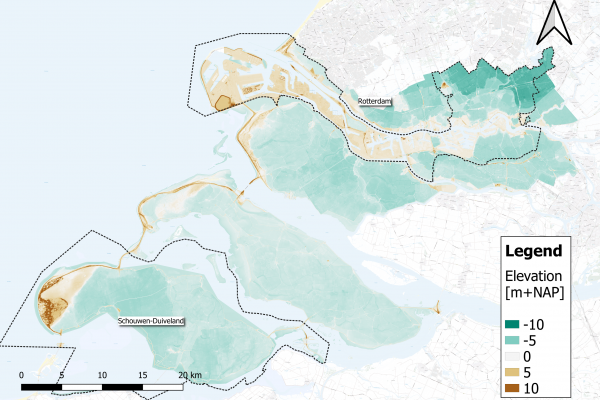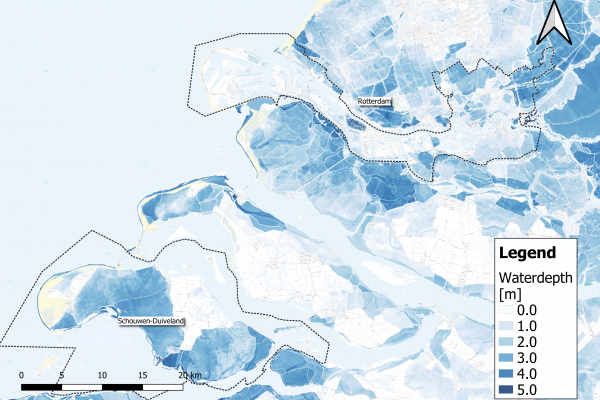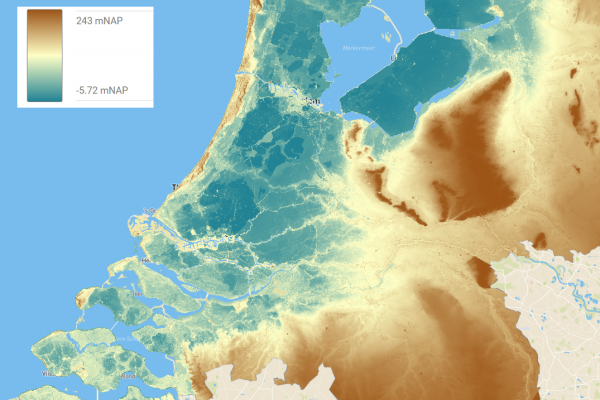There is a significant opportunity to better engage citizens in climate change adaptation initiatives, according to initial results of a survey by the EU-funded IMPETUS project. Around 400 people in 7 European countries shared knowledge, concerns and ideas about climate change and its impacts in regional surveys that kicked-off the project’s activities to engage with citizens and other stakeholders. With a PhD research position supporting this work, lessons being learned from other projects and around 600 identified stakeholders to work with, stakeholder engagement will be a significant feature of IMPETUS. Partners are already planning workshops and other ways to involve members of the public, researchers, businesses, environmental groups, industry, media, civil society groups and others in co-creating climate change solutions, ensuring that regional economic, social, policy and cultural factors are taken into consideration.
Aiming for innovative solutions that build resilience to climate change and contribute to locally meaningful impacts, IMPETUS activities focus on case study sites in 7 bioclimatic regions: ‘Continental’ in Berlin metropolitan area, Germany; ‘Coastal’ in Catalonia, Spain; ‘Mediterranean’ in Athens and wider Attica, Greece; ‘Atlantic’ in the Dutch provinces of Zeeland and Rijnmond; ‘Arctic’ in Troms and Finnmark, Norway; ‘Boreal’ in Zemgale region, Latvia; and ‘Mountains’ in the Italian Alpine region of Valle dei Laghi. Partner organisations in these regions released the project survey in local languages in April 2022. They will analyse the responses during the summer as the basis for planning diverse engagement activities.
Initial results and implications
Initial results showed that 82% of the survey respondents said that climate change is important to them personally or for their work. The respondents included a mixture of expert stakeholders and non-expert citizens. Many judged themselves to be knowledgeable in areas such as regional planning related to climate change, analysis of vulnerability and risks (social, natural, economic, infrastructure), and warning systems. However, the following knowledge gap appeared:
45% of IMPETUS survey respondents were not aware
(compared to 55% who said such initiatives were known to them)
of climate change adaptation initiatives already taking place in their area
These findings imply that IMPETUS and other climate change projects have a real opportunity to fill this knowledge gap and to engage with a sizeable set of interested stakeholders on the co-creation of climate change resilience solutions at local level, with tangible outputs and effects.
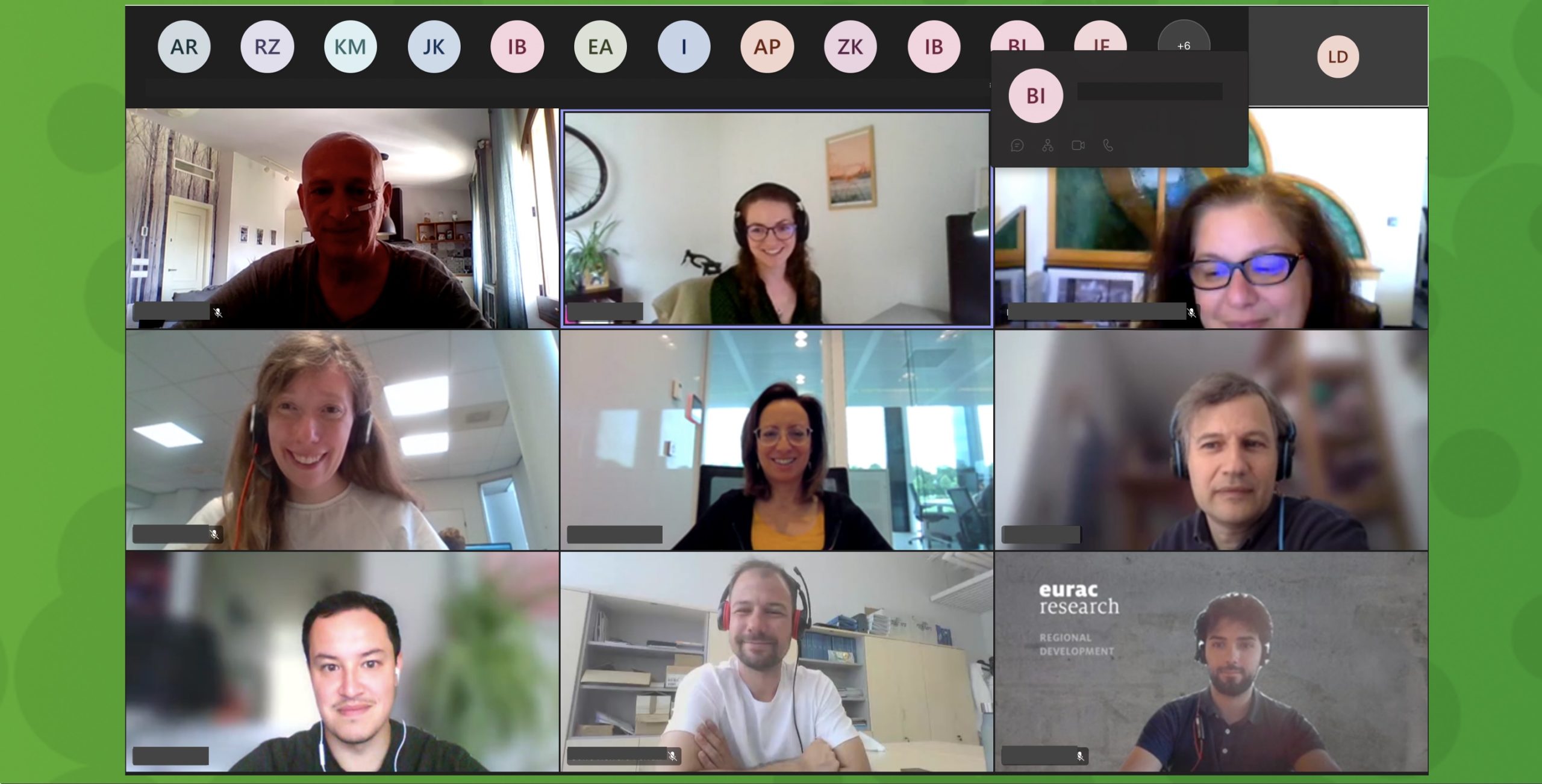
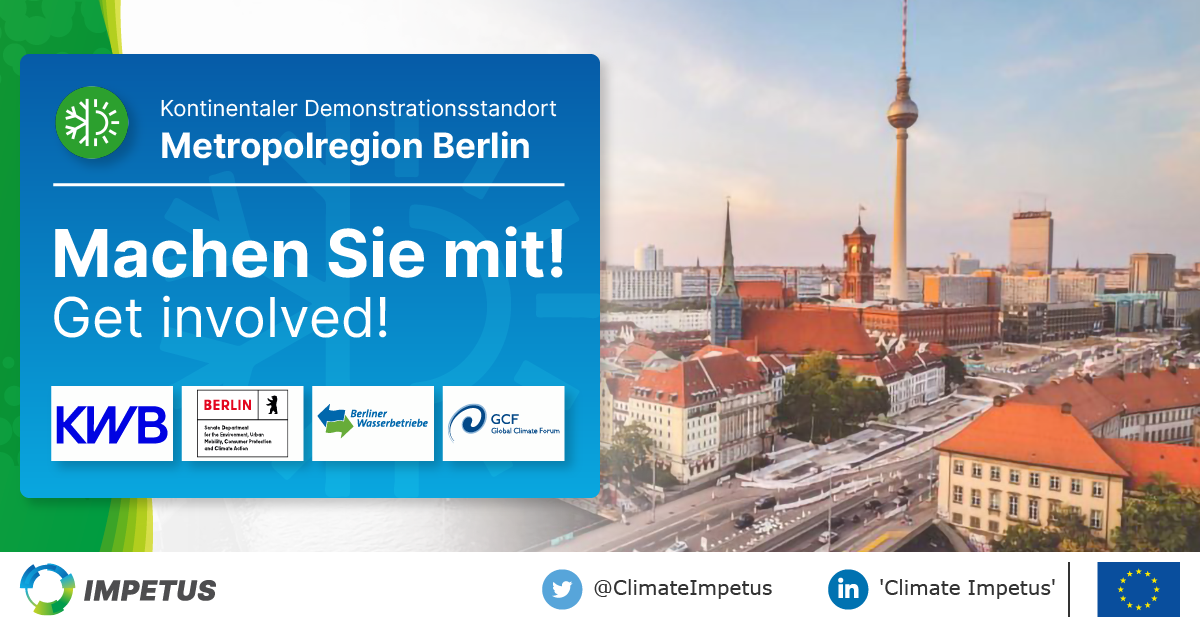
IMAGES: Left – the IMPETUS stakeholder engagement and co-creation team meeting in May 2022; Right – the Berlin regional team invitation to “Get involved!”
Learning and planning
Lisa Andrews of KWR Water Research Institute coordinates IMPETUS work on stakeholder engagement and co-creation. She will analyse the survey results and develop engagement activity plans with regional partners, whose success she will track throughout the course of this complex project as part of a doctoral research project at Utrecht University in the Netherlands.
“I am excited to jump back into academia with a research topic close to my heart, making very important connections between science and practice in the water and climate sectors. My PhD is part of the climate IMPETUS project, and we are working closely with the case study sites to deliver impactful climate change solutions through effective stakeholder engagement and knowledge co-creation.”
Lisa Andrews, KWR, IMPETUS project stakeholder engagement and co-creation lead
An estimated 600 stakeholders were identified through the survey as targets for future engagement efforts. A key result of the regional surveys and stakeholder identification and analysis will be to better understand how IMPETUS solutions fit into the network of existing climate change initiatives, so partners can engage with them too. All results will be shared with regional partners and stakeholders as soon as possible.
The Dutch IMPETUS partners are already organising regional workshops in July and September this year, and partners around the other case study sites have been busy too, sharing information about IMPETUS through local events and communication activities. Information is also flowing into IMPETUS, which is building up its knowledge of citizen engagement best practices and lessons learned from other EU-funded projects, for example by participating in a ‘Scalable Cities’ conference for smart cities projects in early June.
Find out more
Anyone who is interested in following or participating in IMPETUS activities in its 7 case study regions is welcome to get involved and can:
- find local contacts and other information on the Continental, Coastal, Mediterranean, Atlantic, Arctic, Boreal and Mountains pages via the IMPETUS ‘Solutions’ web page.
- like and follow IMPETUS social media accounts on
With a 14.8 million euro budget, IMPETUS is a 4-year programme to accelerate Europe’s response to climate change. IMPETUS has received funding from the European Union’s Horizon 2020 research and innovation programme under grant agreement No 101037084, funded in the Green Deal call.
